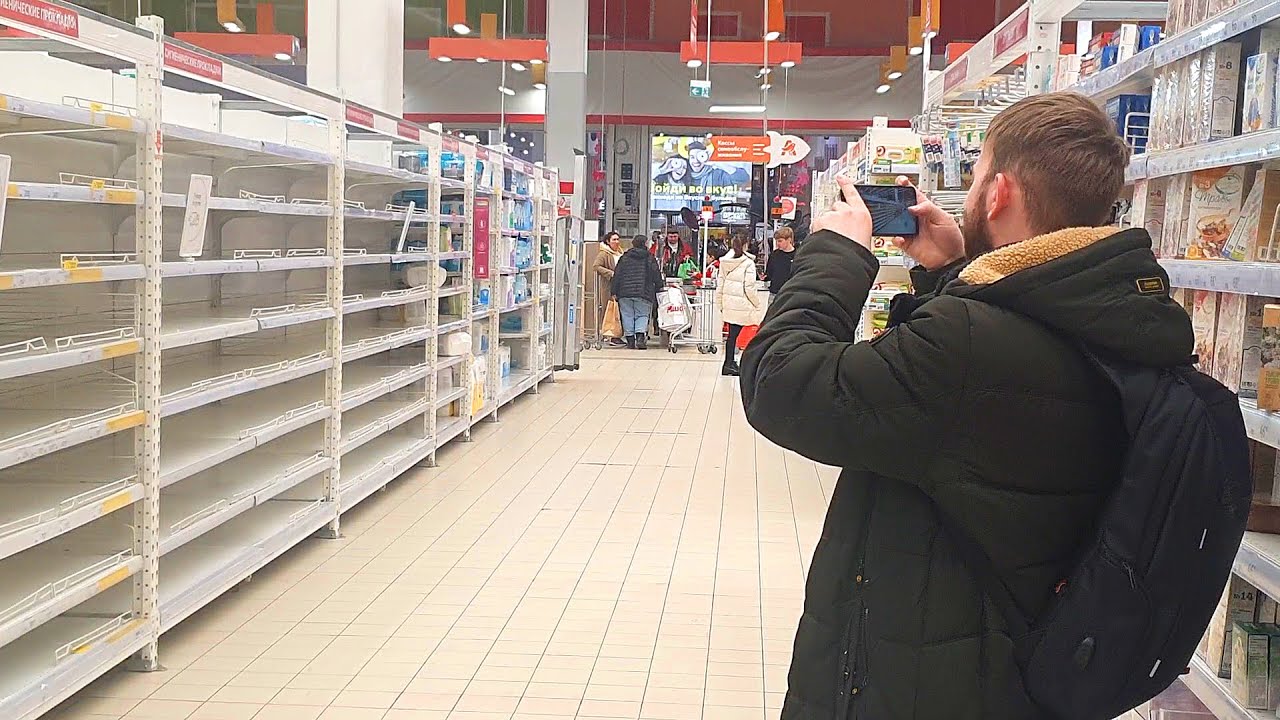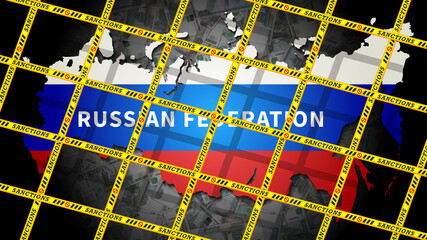Russia has experienced a sharp drop in the production of three staple food products—sugar, sunflower oil, and flour—due to high interest rates, increased taxes, poor harvests, and the lack of imported seeds.
From January to April 2025, sugar production in Russia fell by 32.3% year-on-year, sunflower oil by 15.5%, and flour by 7.8%, according to Rosstat’s report on the country’s socio-economic situation.
In April alone, Russian factories produced 35,000 tonnes less sugar than a year earlier (–36.1%), 108,000 tonnes less sunflower oil (–15.6%), and 72,000 tonnes less wheat and rye-wheat flour (–9.1%).
For the first time since 2021, total food production in Russia began to decline. In the first quarter of 2025, the decline was 0.3%, accelerating to 0.7% by the end of April.
Sugar production is falling due to a drop in sugar beet yields, which were hit by a transition to domestic seeds. According to the Institute for Agricultural Market Studies (IKAR), the yields of Russian seeds are 20–30% lower than those of imported ones. In 2024, farmers harvested 44 million tonnes of sugar beet—almost 10% less than the previous year.
Sunflower oil production is shrinking because it has become unprofitable. In March, Mikhail Maltsev, executive director of the Fat and Oil Union, explained that it is now more profitable to export unprocessed sunflower seeds than to sell refined oil domestically, where retail prices no longer cover production costs. At least two sunflower oil factories in Russia shut down in early 2025 due to financial difficulties.
Flour production has also become loss-making. The industry has been hit by rising central bank interest rates and reduced government support, according to IKAR Director General Dmytro Rylko. In February, the Union of Flour Milling and Grain Processing Enterprises warned the Ministry of Agriculture about the threat of mass bankruptcies, as loan interest rates soared to 25% and above. By April, Grain Holding Group—one of Russia’s largest flour and bread producers—was on the verge of bankruptcy.
Since the start of the war, Russia has faced three major food crises: a surge in egg prices in 2023, record-high butter prices in 2024, and in 2025, skyrocketing potato prices. By May, potato prices had jumped 173% year-on-year due to a poor harvest—marking the highest surge in 23 years, according to Rosstat. Retail chains began importing potatoes from China and Mongolia, and the Kaliningrad regional authorities imposed a ban on potato exports outside the region.
Government measures to stabilize the food market came too late, Deputy Prime Minister Dmitry Patrushev admitted at the end of May. He recalled that late last year the government introduced several emergency steps, including the removal of import duties on potatoes, onions, carrots, and other key vegetables to restock store shelves with foreign produce.





















